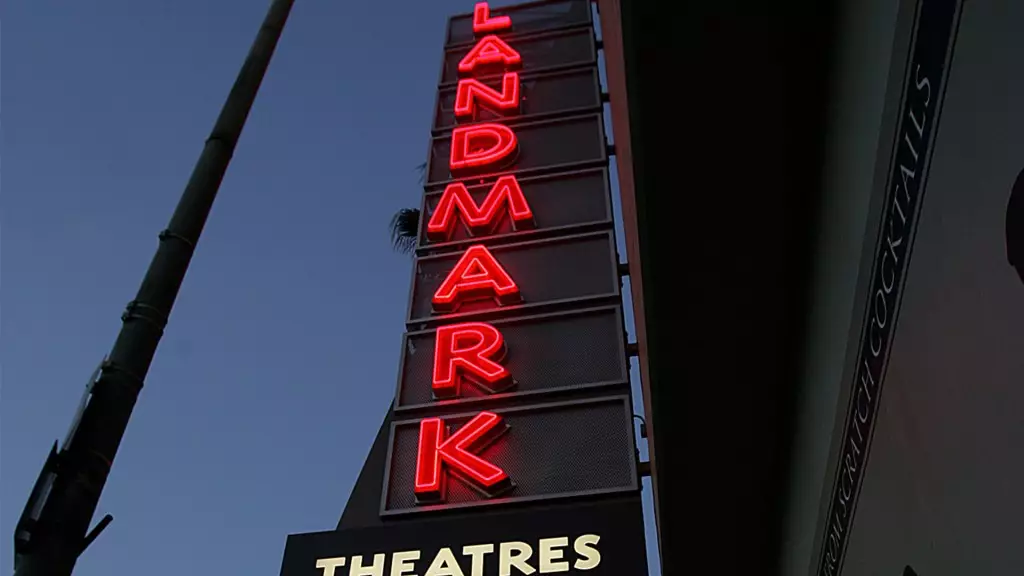The New York real estate arena is often likened to a high-stakes poker game, where one wrong move can lead to catastrophic financial losses. Charles Cohen, a prominent figure in this daunting landscape, finds himself embroiled in a legal dispute with Fortress Credit Corp. after being deemed liable for a significant personal loan guarantee. This ruling, which could spell disaster for his extensive portfolio, comes on the heels of a larger dispute over a $530 million loan tied to a host of properties, including the coveted Landmark Theaters. As the scheduled auction approaches, the implications of this case may reverberate far beyond Cohen’s finances; they could influence the legal framework within which real estate deals are conducted in New York.
The conflict ignited last spring when Fortress Credit Corp. initiated legal action against Cohen, alleging he had defaulted on a loan heavily secured by real estate assets. The magnitude of this loan underscores the prominence of the properties involved, which also encompass a British arthouse chain, hotels, a design center, and an office tower. The court’s eventual acceptance of an auction date on November 8 serves as a critical juncture within the case, poised to become one of the most significant real estate auctions in New York’s history under the Uniform Commercial Code. The anticipation surrounding this auction is palpable, as it could set a precedent for future financial and legal dealings in the sector.
Adding fuel to the fire, a recent court ruling placed Cohen on the hook for a personal loan guarantee amounting to $187 million. This decision thrusts his financial liabilities into the spotlight and prompts him to take action. Just recently, Cohen filed a notice of appeal with the Appellate Division, First Judicial Department, marking his intent to contest the ruling. This appeal process, which Cohen now has six months to formalize, is unlikely to stall the impending auction, but it does open a new chapter in this legal battle.
The key questions raised by Cohen’s defense revolve around procedural fairness; his team argues that the Supreme Court judge should have dismissed the case outright. Furthermore, they contend that an exchange of emails between Cohen and Fortress indicated a mutual agreement to extend the loan deadline—something Fortress vehemently denies, characterizing those communications as non-binding. The conflicting narratives paint a picture of a tense negotiation process where miscommunication may have escalated into a high-profile legal battle.
As the legal processes unfold, the ramifications of this case extend beyond Cohen and Fortress. The outcomes may well influence the standards for loan agreements, particularly those secured by real estate. Furthermore, the case highlights the precariousness of personal guarantees in borrowing practices. A precedent set here could shake the foundations upon which real estate borrowing and investment are built—especially for entrepreneurs navigating the increasingly complex urban landscape of New York. In an era where financial precariousness looms large, the ruling to emerge from this courtroom drama could not only impact the parties involved but also resonate with other stakeholders in the real estate market—setting a new tone for future engagements and negotiations.

Leave a Reply